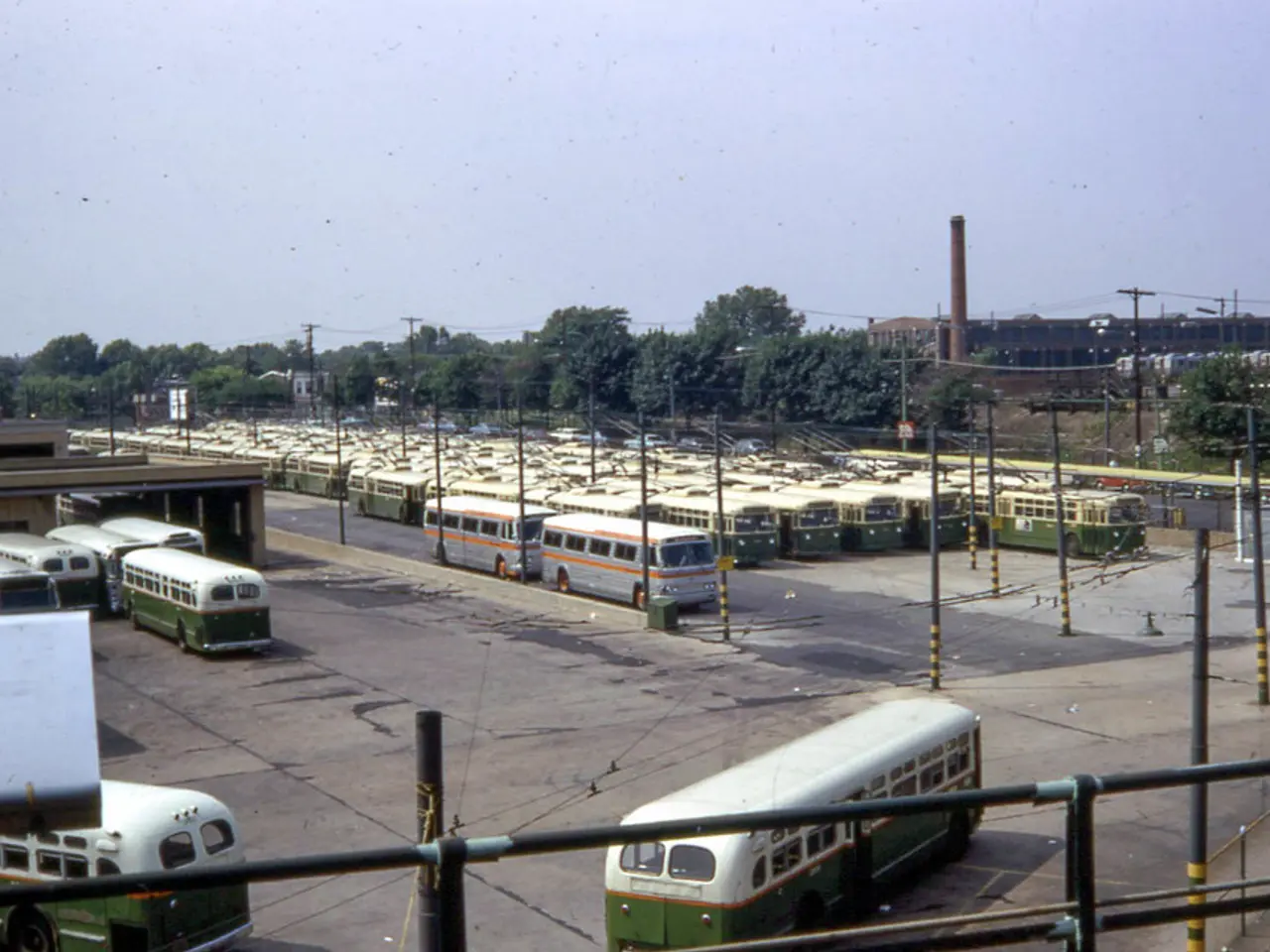Electric school buses equipped with vehicle-to-grid (V2G) technology have now been activated in California, making it one of the state's leading V2G bus fleets.
In a significant step towards cleaner, smarter transportation, the Fremont Unified School District (FUSD) has launched a vehicle-to-grid (V2G) electric school bus fleet in partnership with Pacific Gas and Electric Company (PG&E) and The Mobility House.
The Mobility House plays a crucial role in this project, providing the advanced charging infrastructure and software platform that optimises the charging and discharging of the buses. Their ChargePilot platform manages bidirectional charging, allowing the electric buses to not only charge efficiently but also discharge electricity back to the grid during peak demand periods. This system supports FUSD’s participation in PG&E’s Emergency Load Reduction Program (ELRP) by responding to utility signals to release power back to the grid, enhancing grid reliability and enabling demand response.
The project, part of the California Energy Commission-funded Replicable Vehicle-to-X Deployment Study (RVXDS), involves the installation of six high-power bidirectional V2G DC fast chargers and the management of a fleet of 14 electric school buses with 22 chargers in total (including previously installed chargers). The Mobility House's technology coordinates with utility programs to support vehicle-grid integration and grid stabilisation with clean energy, promoting zero-emission transportation while contributing to community energy resilience.
The new setup will replace six diesel buses, with four electric models hitting the road this year and two more in 2026. The FUSD's electric fleet now consists of 14 buses and 22 chargers in total. It is worth noting that there is no mention of any upgrades to the district's electrical backbone in this new development.
Ernest Epley, the director of transportation for FUSD, stated that the electric buses will contribute to cleaner air in the community. This project marks a significant milestone in FUSD's journey towards sustainable transportation, following their initial deployment of electric school buses.
Interestingly, this is the second school district in PG&E's commercial fleet Vehicle-to-Everything (V2X) pilot, after a 2024 deployment with Zum and Oakland Unified. However, it is not specified whether FUSD's participation in the ELRP through the ChargePilot system is a part of this new development. Furthermore, there is no indication of any further participation in PG&E's EV Fleet program or any other commercial fleet V2X pilot projects in this new development.
As we move towards a more sustainable future, initiatives like this V2G electric school bus fleet demonstrate the potential of clean, efficient, and intelligent transportation solutions. By optimising both clean transportation and grid energy management, such projects pave the way for a more resilient and energy-efficient future.
[1] California Energy Commission: Replicable Vehicle-to-X Deployment Study (RVXDS) [2] The Mobility House: ChargePilot [3] Pacific Gas and Electric Company: Emergency Load Reduction Program (ELRP) [4] Fremont Unified School District: Transportation [5] The Mobility House: Projects
Note: The Emergency Load Reduction Program (ELRP) participation for FUSD through the ChargePilot system is not specified to be a part of this new development. The project is not mentioned to be part of any specific funding study or led by a specific organization beyond FUSD and PG&E.
Technology advances in electric vehicles (electric-vehicles) play a significant role in the Fremont Unified School District's (FUSD) quest for sustainable transportation. With the implementation of the Vehicle-to-Grid (V2G) electric school bus fleet, supported by Pacific Gas and Electric Company (PG&E) and The Mobility House, green energy is harnessed more effectively. The ChargePilot platform from The Mobility House optimizes the charging and discharging of electric school buses, enhancing grid reliability and demand response. As part of the California Energy Commission-funded Replicable Vehicle-to-X Deployment Study (RVXDS), this project is another step towards zero-emission transportation, contributing to community energy resilience.




